10 Competitive Exams in India
India is known for its competitive education system, with numerous exams that serve as gateways to top universities, colleges, and careers.
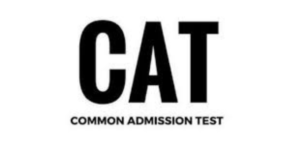

Table of Contents
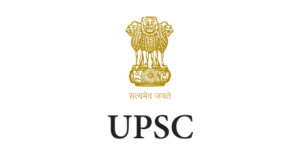
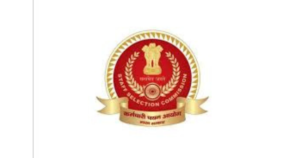
10 of the most common exams in India:
- JEE (Joint Entrance Examination):
- Conducted by: National Testing Agency (NTA)
- For admission to: IITs, NITs, and other top engineering colleges
- Pattern: Multiple-choice questions in Physics, Chemistry, and Mathematics
- Syllabus: Class 11 and 12 Physics, Chemistry, and Mathematics
- NEET (National Eligibility cum Entrance Test):
- Conducted by: National Testing Agency (NTA)
- For admission to: Medical and dental colleges
- Pattern: Multiple-choice questions in Physics, Chemistry, and Biology
- Syllabus: Class 11 and 12 Physics, Chemistry, and Biology
- CAT (Common Admission Test):
- Conducted by: Indian Institutes of Management (IIMs)
- For admission to: IIMs and other top management institutes
- Pattern: Multiple-choice questions and subjective questions in Verbal Ability, Data Interpretation, and Logical Reasoning
- Syllabus: No specific syllabus, but focuses on testing aptitude and skills
- GATE (Graduate Aptitude Test in Engineering):
- Conducted by: Indian Institute of Technology (IIT) and Indian Institute of Science (IISc)
- For admission to: Postgraduate engineering programs
- Pattern: Multiple-choice questions and subjective questions in specific engineering disciplines
- Syllabus: Undergraduate engineering syllabus and specific discipline-related topics
- UPSC (Union Public Service Commission) Exams:
- Conducted by: Union Public Service Commission (UPSC)
- For recruitment to: Civil services, including IAS, IPS, and IFS
- Pattern: Preliminary exam (multiple-choice questions) and Main exam (subjective questions)
- Syllabus: General studies, optional subjects, and language proficiency
- SSC (Staff Selection Commission) Exams:
- Conducted by: Staff Selection Commission (SSC)
- For recruitment to: Government jobs in various ministries and departments
- Pattern: Multiple-choice questions in General Intelligence, English Language, and specific subjects
- Syllabus: General studies, English language, and specific subject-related topics
- CLAT (Common Law Admission Test):
- Conducted by: National Law Universities (NLUs)
- For admission to: Top law colleges
- Pattern: Multiple-choice questions in English Language, General Knowledge, and Legal Reasoning
- Syllabus: General studies, English language, and legal aptitude
- AIEEE (All India Engineering Entrance Examination):
- Conducted by: National Testing Agency (NTA)
- For admission to: Engineering colleges
- Pattern: Multiple-choice questions in Physics, Chemistry, and Mathematics
- Syllabus: Class 11 and 12 Physics, Chemistry, and Mathematics
- AIPMT (All India Pre-Medical Test):
- Conducted by: National Testing Agency (NTA)
- For admission to: Medical colleges
- Pattern: Multiple-choice questions in Physics, Chemistry, and Biology
- Syllabus: Class 11 and 12 Physics, Chemistry, and Biology
- MAT (Management Aptitude Test):
- Conducted by: All India Management Association (AIMA)
- For admission to: Management programs
- Pattern: Multiple-choice questions in Language Comprehension, Mathematical Skills, and Intelligence
- Syllabus: No specific syllabus, but focuses on testing aptitude and skills
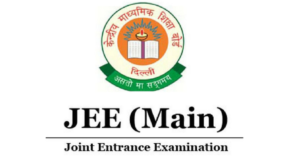
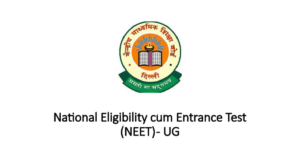
Tips to help you crack these exams:

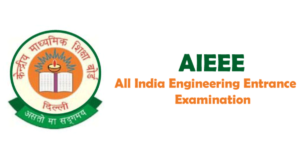
- Start early: Begin your preparation at least 6-12 months before the date of examination.
- Understand the syllabus: Familiarize yourself with the exam pattern, syllabus, and format.
- Create a study plan: Make a study schedule and stick to it.
- Use quality study materials: Refer to recommended books, online resources, and coaching materials.
- Practice consistently: Regular practice helps retain information and builds confidence.
- Take mock tests: Attempt mock tests to assess your performance, identify weaknesses, and improve.
- Focus on weak areas: Concentrate on improving your weak subjects or topics.
- Stay updated: Keep yourself updated with current affairs, news, and developments.
- Develop time management skills: Learn to manage your time effectively during the exam.
- Stay calm and focused: Maintain a positive attitude, stay calm, and focus on your goals.
- Seek guidance: Consult teachers, mentors, or coaching experts for guidance and support.
- Stay healthy: Maintain a healthy lifestyle, including a balanced diet, exercise, and sufficient sleep.


Additional Tips:
- For JEE and NEET, focus on building a strong foundation in Physics, Chemistry, and Mathematics.
- For CAT and MAT, improve your verbal ability, data interpretation, and logical reasoning skills.
- For UPSC and SSC, focus on general studies, current affairs, and subject-specific knowledge.
- For CLAT, develop your legal aptitude, English language, and general knowledge skills.
Remember, cracking these exams requires dedication, persistence, and smart preparation. Stay motivated, and you’ll achieve your goals!
Read more: Important Highlights of NEP 2020







0 thoughts on “10 Competitive Exams in India”